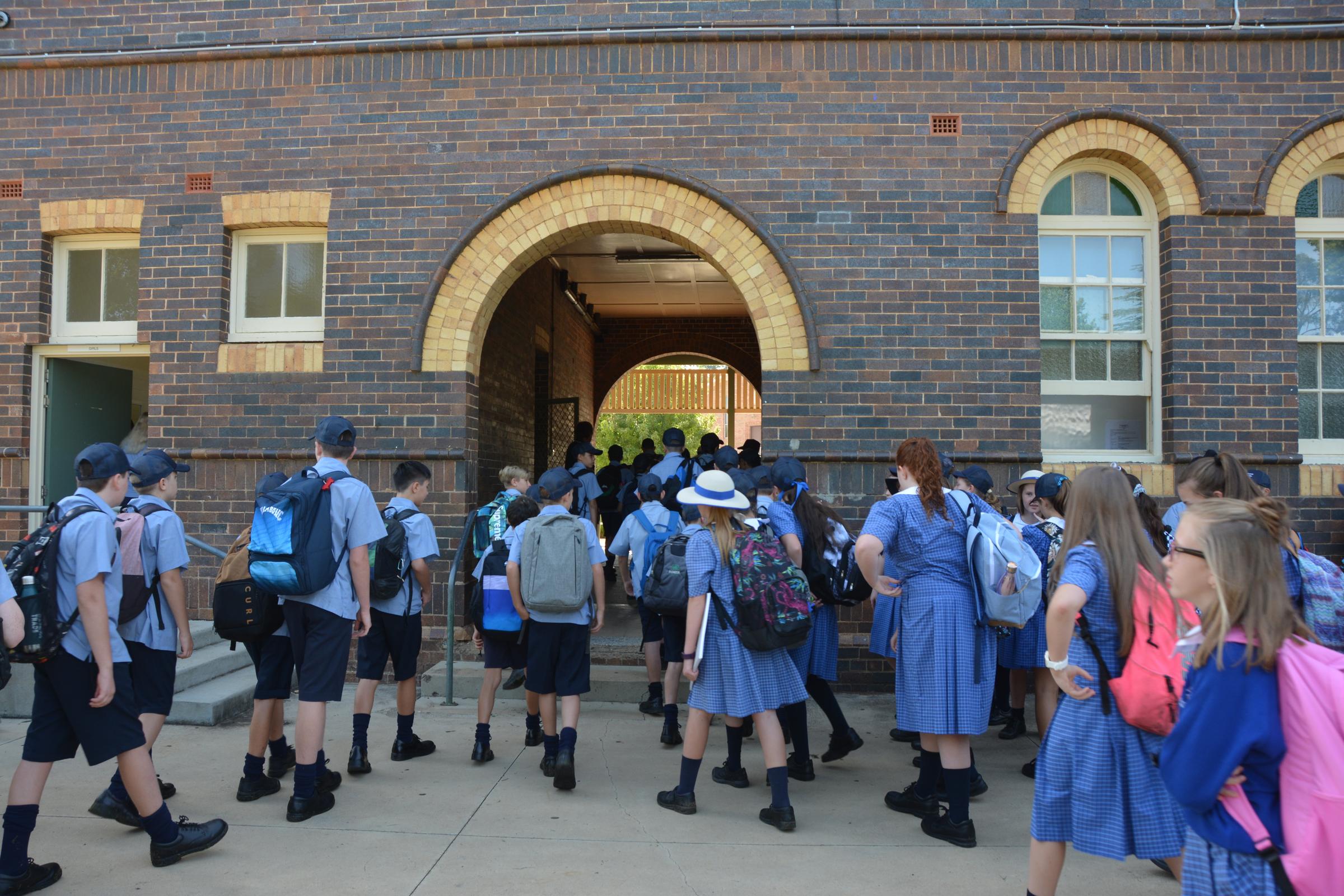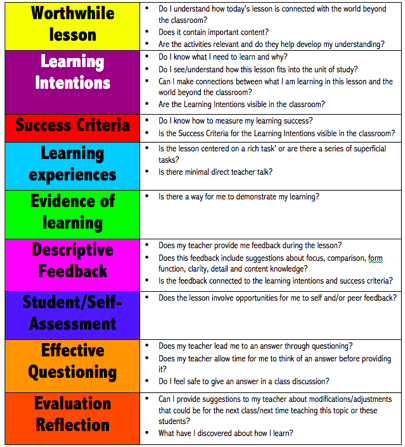Assistant Principal - Learning

Assistant Principal - Learning
It’s time we get real...learning is not an individual pursuit, nor a solo mission for some holy grail. Learning, instead, is a perpetual quest for collaborative enrichment - it has to be! By the very nature of the processes of knowledge and skill acquisition, we need others. Be it to bounce, test, practise, negotiate, consolidate or master, we do so not in a microcosm of self-indulgence but in the realm of community. Learning is collaborative - all stakeholders in this business of growing and producing ‘creative confident and informed people ready to make a difference in our world’ are in it together and they have to be! As key stakeholders, teachers have a responsibility to help each other and our students to be the most effective learners we can be. Which means that we need to be open to showing our vulnerability, to reflect on our challenges and successes, together in partnership, with our students. Because in doing so, we open ourselves up to feedback; we are open to growth. The power of voice therefore, is about inclusivity and authenticity. As trendy as it might be to label strategies as ‘raising’ student voice, we need to be careful of the tendency for tokenism... Exactly, how can we strengthen and promote student voice through learning opportunities that embed a sustainable, authentic, rich partnership?
We know from our students that they feel most valued when the teacher ‘cares’ about them. This care is underpinned by what the students’ feel is a teacher’s genuine desire to help them improve and move their learning forward, and for a teacher to improve their own pedagogy in synthesis to students’ feedback on their learning. Our School Performance Leader, Rod Whelan suggests that students are given a voice:
Through the asking and answering of questions about the effectiveness of elements of lessons and the clarity of teacher function.
I know what the learning target is for the lesson
I know what I will be able to do when I finish the lesson
My teacher explains the learning target, the work that I am expected to do and what quality work will look like
There is a focus on building up to a ‘performance of understanding’ (evidence of learning), where I am asked to do, say, write, make or perform something that helps to learn
I get fast descriptive feedback about what I did well and what I should do next to improve the quality of my work
I get the opportunity to try again and improve my performance
I assess my own work by comparing it to high quality work my teacher shows me or describes to me
This is the key - when students are thinking about how and why they are learning, they can then communicate, discuss, and navigate their learning needs with the teacher; resulting in lasting learning growth. Knowing this, we frame our lessons at O’Connor with the Worthwhile Lesson, and by having enriching learning conversations with our students, that partnership that is so fundamental to success, is profoundly engaged:


In light of this sense of partnership, and as we are in the midst of our Student Representative Council elections, I’d like to share with you one student’s reason for nominating themselves:
“I would like to change the minds of students who don’t feel comfortable in asking for help or who have new ideas to create an evolved learning environment. No-one should feel that their ideas are irrelevant or not important. Students need to feel comfortable in having a voice” .
Well...we most definitely have a mandate now to promote that voice, teachers, parents/caregivers, and students alike, all members of the O’Connor learning community founded on faith; focused on learning!
Eli Simpson
Assistant Principal (Learning)